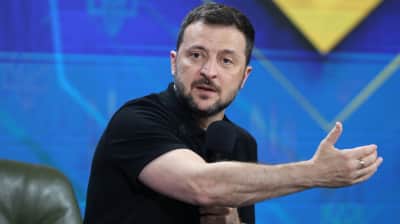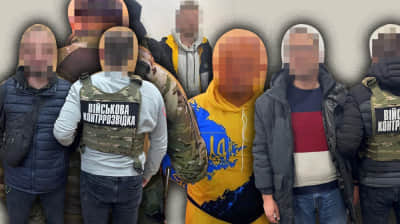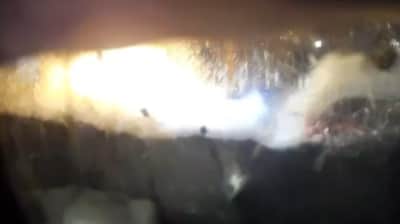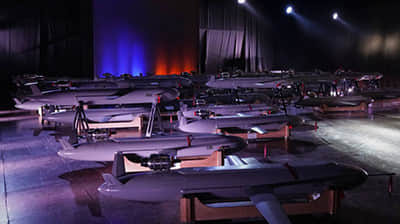"The most horrible thing is when children suffer." The story of paramedic from Kharkiv who helped the injured after strikes
Yana Osadcha, Ukrainska Pravda.Zhyttia – SATURDAY, 13 AUGUST, 2022
Anastasiia Muntianova, the paramedic of the Centre for Emergency Medical Aid and Disaster Medicine of Kharkiv Oblast provided first aid to the victims after the strikes.
The doctor’s story was told in the "Thank you from the heart" project, which is jointly implemented by the Ministry of Health and WHO to support the medics working in war conditions.
When the war began, Anastasiia had no intention of leaving Kharkiv.
"If I have already entered medicine, I have knowledge, two hands and I can help at least two people, then I must do it, there is nowhere to run. However, it was difficult to explain to my parents in Kropyvnytskyi why I am staying here and not going to a safer place," she says.

At first, the doctors were afraid and had no idea what to do. Doctors have never come across such complex mine-explosive injuries and shrapnel injuries in peaceful life.
In order to learn how to work in war conditions, classes on stopping bleeding were held at the substation, and they learned how to work with various kinds of tourniquets.
They worked in bomb shelters and went on calls around the clock, even during the air-raid sirens.
"These were not only injuries from explosions; our "ambulance" went to people with high blood pressure, fever, heart problems, heart attacks and strokes. People were surprised that the emergency service works. They asked, ‘Wow, how come the ambulance works even in such conditions?’ says the paramedic.
The hardest time for the doctors of the Kharkiv "ambulance" was after the air strikes. The paramedic tells how a shell once flew into the yard of a Kharkiv resident. The man was cut by shards of glass.
"When it happens for the first time, you're kind of confused, but you do everything automatically: gloves on, tight bandages, stretchers, hospital," says the woman.
It was especially difficult for medics when children were suffering.
"This is the worst thing. They are confused, they don't understand what is happening," says Anastasiia.
There was a case when children who were walking with their grandmother were injured by a Russian shell. The girl was taken to the regional hospital in serious condition, and later she was taken to Germany by one of the evacuation trains. Later, when the child came out of the coma, her condition improved.
The boy suffered a concussion, and then he started stuttering out of fear.
"I'm saying this, but I still can't realise it. It shouldn't be like this. It's difficult to go to the children even in peacetime, even when they have a cold, or simply suffer a domestic injury. And there is a war here. There was no such experience and should never be," says the paramedic.
The woman says that her work is her life now, just like for all the doctors remaining in Kharkiv.
"We united and became one family because together it is easier to help, and it is easier to survive all this horror," says Anastasiia Muntianova.
Here is the story about paramedic Andrii Krasko who headed the emergency ambulance substation in Boyarka during the period of intense combat activity in the Kyiv region.
Journalists fight on their own frontline. Support Ukrainska Pravda!





